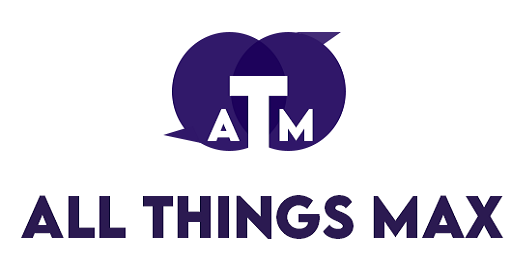Automated trading platforms have become increasingly popular in the ever-changing financial market environment. These platforms have completely changed trade because of cutting-edge technology like machine learning (ML) and artificial intelligence (AI). Looking ahead, several themes are developing that have the potential to influence how automated trading platforms develop in the future.
Improvements in AI and ML Integration
The development of automated trading platforms is expected to be significantly influenced by the integration of AI and ML. As these technologies advance, platforms can quickly and accurately analyze massive amounts of data. AI-driven algorithms can spot patterns and trends that human traders might be unable to spot. This sophisticated analysis aids in more well-informed decision-making and may increase trading profits.
The Effects of Quantum Computing
Even though it is still in its infancy, quantum computing has enormous potential for the trading and financial industries. Its unmatched processing power can complete intricate mathematical computations astoundingly, leading to more precise predictions and trading strategy optimization. Integrating Quantum AI Trading with quantum computing as it develops could usher in a new era of creativity and efficiency.
Cybersecurity and risk management
The significance of strong risk management and cybersecurity procedures cannot be emphasized as automated trading becomes more widespread. As our reliance on technology grows, so does the risk of system outages, data breaches, and cyberattacks. Future platforms must emphasize security standards to guarantee the integrity of trade activities and safeguard sensitive financial information.
Regulatory Environment and Compliance
A further element influencing the development of automated trading platforms is the changing regulatory environment. Stricter laws are being implemented to guarantee fairness, transparency, and responsibility in algorithmic trading. Platforms must adjust to these developments by incorporating compliance controls into their procedures and algorithms, building confidence among traders and regulators.
Personalization and user experience
User experience and personalization are gaining importance as automation becomes more complex. Platforms accommodating each trader’s unique tastes and styles are in high demand. Future platforms are anticipated to provide user-customizable interfaces and algorithms, enabling users to adjust their trading tactics and experiences to suit their objectives.
Social Trading and Cooperation
Social trading is becoming more popular on automated trading platforms thanks to the connection of the digital age. A collaborative environment can be created by traders sharing their views, strategies, and performance information. This tendency improves knowledge exchange while democratizing trading by enabling novice traders to learn from more experienced ones. Visit here for more info. Quantum AI.
Integration of environmental, social, and governance (ESG)
Automated trading platforms are anticipated to include ESG criteria in their algorithms in light of the increased emphasis on sustainable investing. Traders are increasingly considering ethical and environmental factors in addition to financial measurements. Socially conscious investors may be drawn to platforms that incorporate ESG factors and are in line with changing market preferences.
In conclusion, the fusion of cutting-edge technologies, regulatory changes, and altering market dynamics is poised to influence the future of automated trading platforms. Improved AI and ML integration, quantum computing, strong risk management, and compliance procedures will significantly shape the landscape. More inclusive and ethical trading practices will result from customized user experiences, social trading, and ESG integration. Traders and investors may anticipate a dynamic and innovative trading ecosystem that embraces technical innovation and market values as these trends develop.
Want higher rankings and more traffic? Quality local site submit are the key. We help you earn natural, relevant links from sites that matter in your industry.

